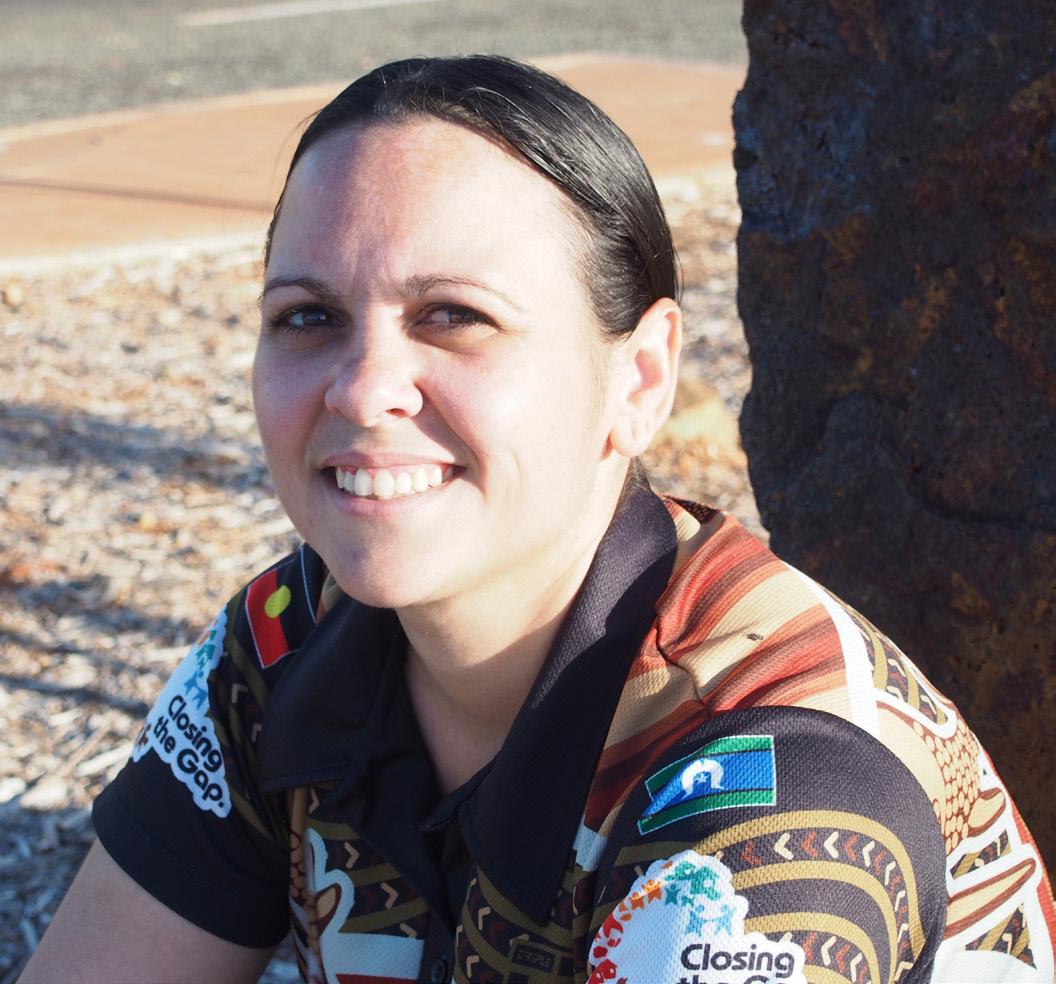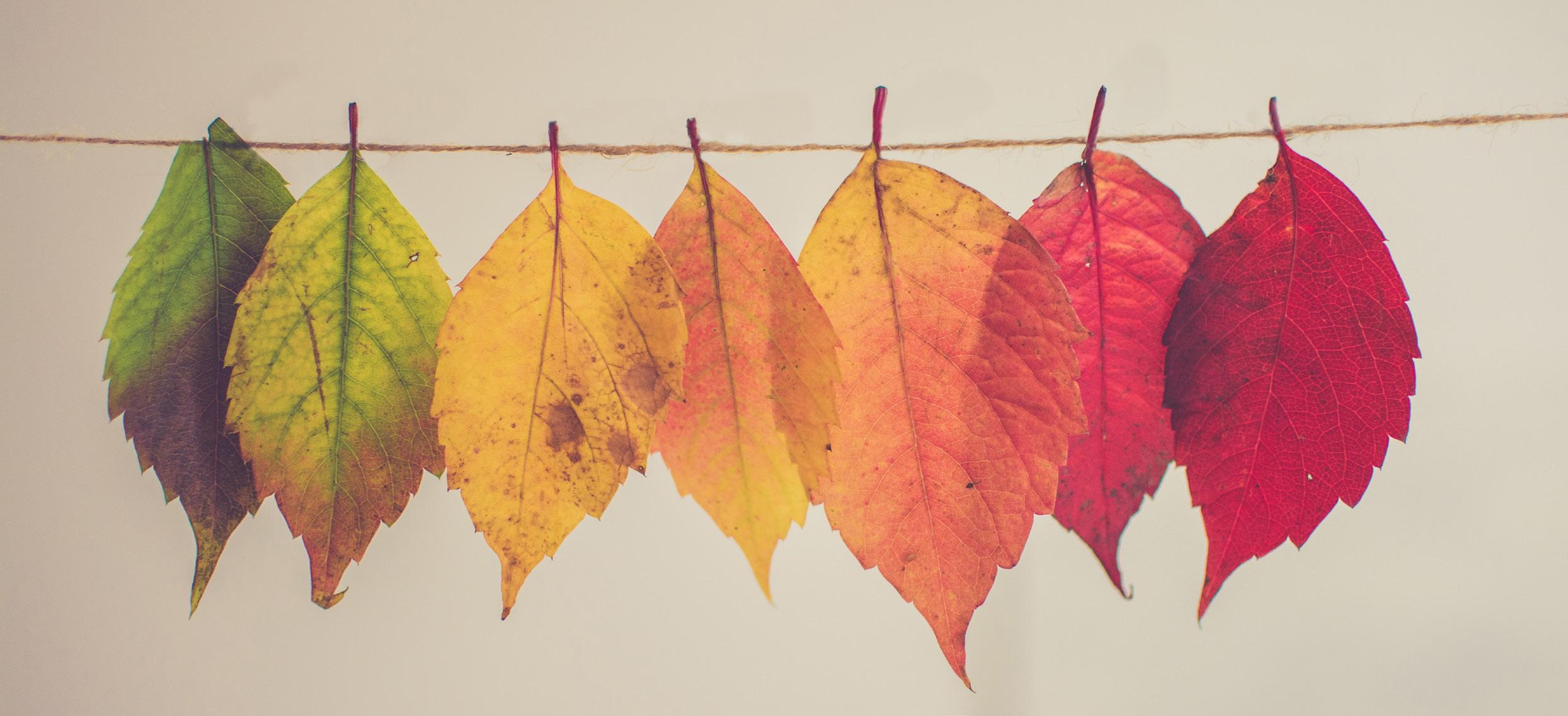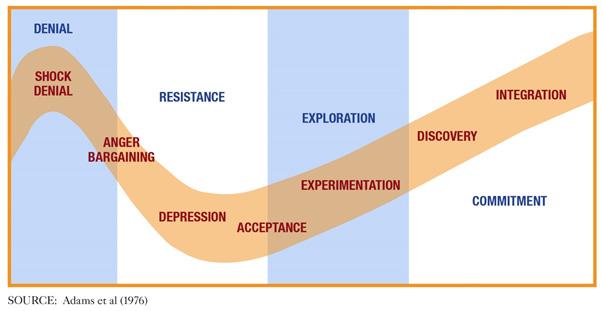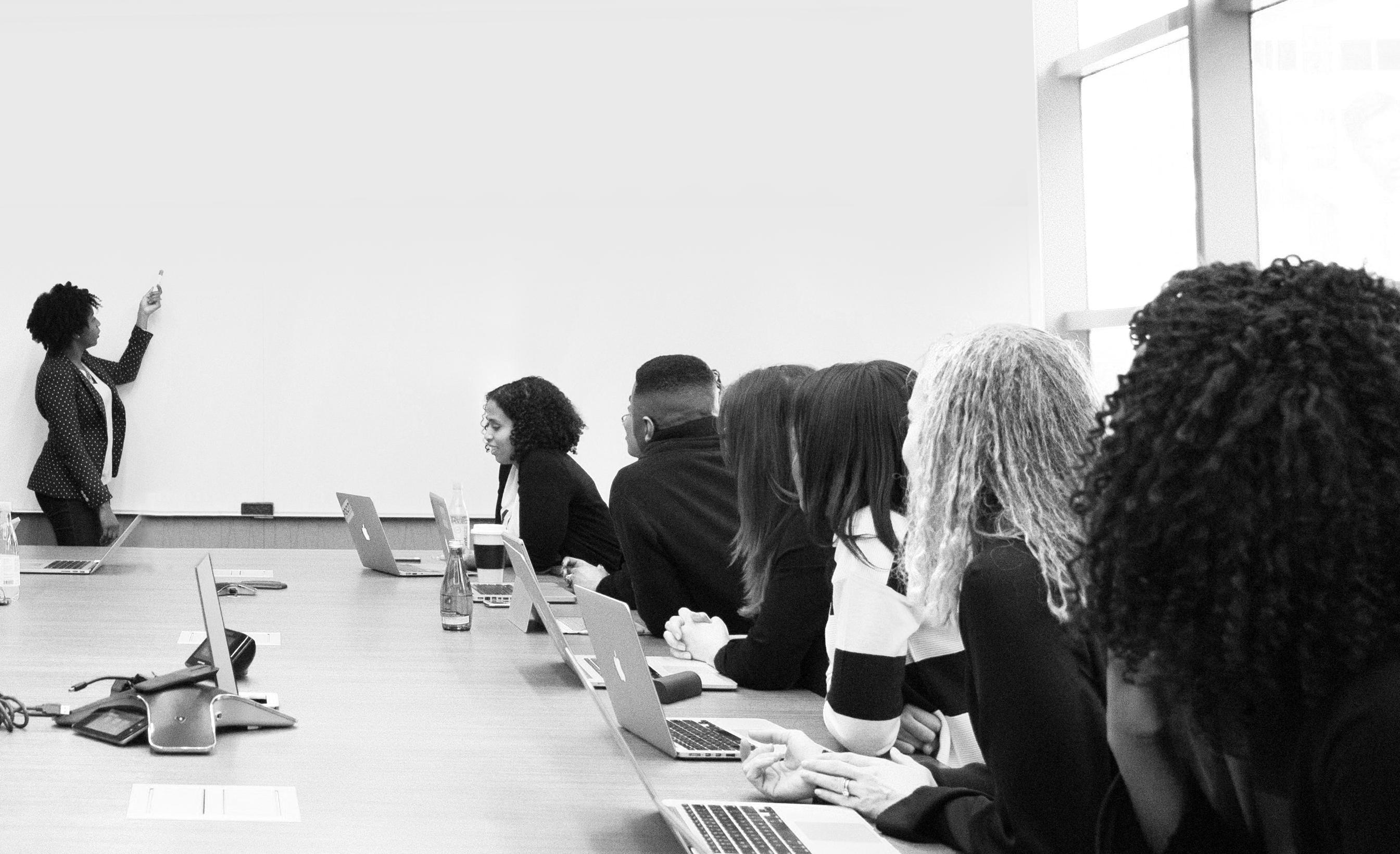
5 minute read
LEARNING FROM THE OLDEST CONTINUOUS CULTURE IN THE WORLD
arlier this year, Senior Australian of the Year, Dr E
Miriam-Rose Ungunmerr Baumann AM said:
Advertisement
We are fortunate to be able to learn from and connect with many Aboriginal Australian owned businesses that showcase the resilience and achievements of the oldest living culture in the world. There are businesses such as Bindi Bindi Dreaming who provide culture and food classes, Dr Tracy Westerman whose Indigenous Psychological Services provides professional development training across Australia, Gina Williams and Guy Ghouse whose performances in Noongar and English entertain and educate, and fashion brands such as Kirrikin which support Aboriginal artists, turning their prints into gorgeous garments.
One such business that was born out of the founder’s commitment to do work that both honoured her culture and history, while creating the future she desired, is Aboriginal Insights, owned by Jolleen Hicks. Almost 8 years ago Jolleen was diagnosed with a brain tumour and after having successful brain surgery began her consulting business in 2013. Aboriginal Insights provides cultural education to individuals and workplaces to empower the spaces of Closing the Gap and Reconciliation. Jolleen started her business because she wanted to live authentically and with the greatest respect for her ancestors and family. She knew that she had knowledge, skills, and insights that would help workplaces and she wanted to be able to participate more in her own Community. Jolleen’s book Essential Aboriginal Insights – A Guide for Anyone Involved in Closing Gaps in Australia is a great starting point for someone wanting to learn more, supported by her cultural education workshops, and online learning courses and tools.
‘I am blessed to be both a Teacher and Student participating in the two worlds that exists in this country. The Mainstream Western World, and the Aboriginal Cultural World.”
Reflecting on the hard work and commitment it has taken to develop a business from scratch that is authentically aligned with her values Jolleen says, ‘I am really proud to be in a space that is supporting our country on its Reconciliation journey. I am willing to talk about and raise awareness of sensitivities in a way that keeps Australians engaged and addresses the barriers preventing respect and relationships from
being achieved between Aboriginal and nonAboriginal Australians. Racism is a big problem, and many Aboriginal people struggle with this on a daily basis. For our parent’s and grandparent’s generations, they grew up in an environment where racism and discrimination was both normalised and legal. Their experiences and the trauma they carry is different to my generation, but some of it has been passed to us. We see this trauma in the general mistrust that Aboriginal people have towards the mainstream western system – this extends to people, Governments, organisations, systems, institutions, and service providers. We are starting to talk about systemic racism. This is an essential conversation that must lead to action that involves the removal of systemic racism across Australian society, listening to Aboriginal people, and supporting and empowering Aboriginal people towards selfdetermination – in control of our livelihoods. This includes support for a Voice to Parliament. Aboriginal matters in Aboriginal hands.’
Jolleen states that we are not responsible for the gaps of inequality that exist for Aboriginal Australians, or for the broken relationship between Aboriginal and non-Aboriginal Australia. However, these breaks do need to be reconciled and this can occur if the current generation of Australians respond to this truth. There are two essential steps that are required to reach Reconciliation. These are Truth and Healing. It can be incredibly uncomfortable to listen to others’ truths, experiences and pains. Yet if we continue to ignore these, healing is disrupted. Seeking to learn, with wide open ears, an open heart, and being willing to drop our defences so that we can hear, instead of simply react, is important. Be willing to play your part.
‘Everyone can benefit from cultural education. This country is on a Reconciliation journey, but for us to reach that aspirational place called Reconciliation, Australians, as individuals, must decide to be part of the journey, and in deciding to be part of Reconciliation, make a commitment to ongoing cultural education. Education is key.’
To connect with Jolleen and learn more about her work visit www.aboriginalinsights.com.au
To increase your knowledge of Aboriginal and Torres Strait Islander cultures connect with local Aboriginal and Torres Strait Islander owned businesses and services in your area, such as:
Kirrikin https://kirrikin.com/
For a list of local Aboriginal owned businesses check out: Aboriginal Business Directory WA https://abdwa.icn.org.au/ or the Indigenous Chambers of Commerce in each State/ Territory


Self-Leadership Through Change
By Tasha Broomhall

Change can elicit different reactions in different people. How do you respond to change? Do you embrace it enthusiastically, shy away from it, or reject it outright? Change can be difficult, particularly when it happens in your workplace, but having the right tools and strategies can help you manage it, and ultimately, thrive on it.
ositive self-leadership requires acceptance and P understanding of your emotional needs during such times. Positive self-leadership should assist you to: • Understand and accept your and other’s emotional responses to change. • Help yourself to develop strategies to manage stress proactively. • Help yourself to improve positive mental wellbeing. • Develop individual strategies to build and enhance effective relationships and supports within your organisation. 1. MODEL OF RESPONSES TO CHANGE

The above figure by L. Leahy and N. Chamberlain outlines possible emotional reactions to change.









